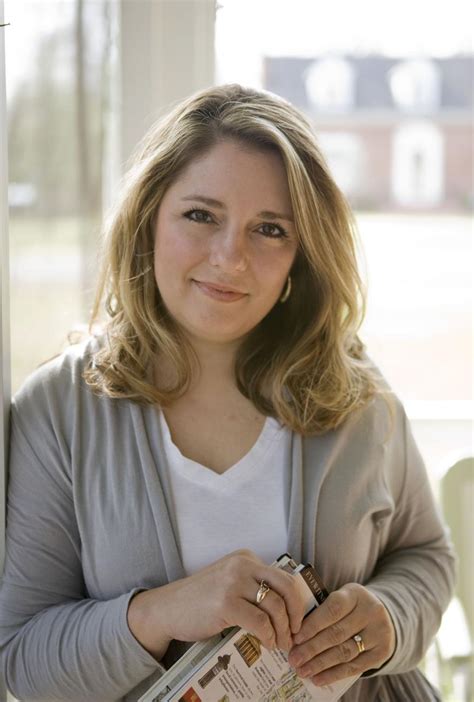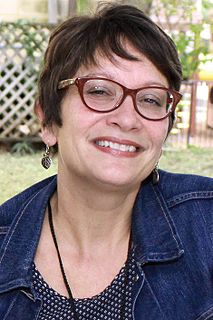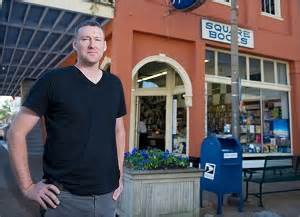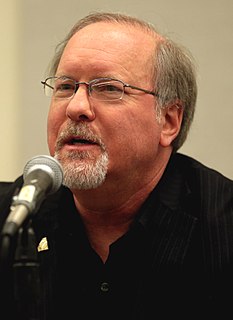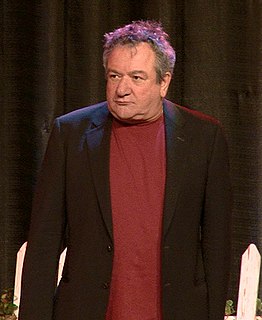A Quote by Sharon Cameron
I would not want to forget the first time I read The Lord of the Rings. I would never want to forget that! That was so magical to me, and that was a real eye-opening experience. I was probably 11 when I read that and already a reader, but I think that book really showed me how you can be transported and how your imagination can take you to a whole other place.
Related Quotes
I would like to use this little flower as a metaphor. The five petals of the little forget-me-not flower prompt me to consider five things we would be wise never to forget....first, forget not to be patient with yourself...second, forget not the difference between a good sacrifice and a foolish sacrifice...third, forget not to be happy now...fourth, forget not the why of the gospel...fifth, forget not that the Lord loves you.
I read everything. I'll read a John Grisham novel, I'll sit and read a whole book of poems by Maya Angelou, or I'll just read some Mary Oliver - this is a book that was given to me for Christmas. No particular genre. And I read in French, and I read in German, and I read in English. I love to see how other people use language.
Cancer is too real, and too awful, and I can't make it good or magical. I couldn't even read a book where a character had cancer, for a while... But now I've reached a point where I don't think about cancer nonstop anymore, and sometimes I worry about that - I'm going to forget what I went through; I'm going to forget how horrible it was.
I don't think about the reader in any conscious way that impacts the writing, as far as, Hey, most readers would like this! But at the same time, if it were presented to me: "John, you're going to write a novel. It's going to take you a few years. When you're done with it, there's a law that no one's allowed to read it." I don't think I would write it. I want someone to read it!
How many times have you opened a book, read the first few sentences and made a snap decision about whether to buy it? When it's your book that's coming under this casual-but-critical scrutiny, you want the reader to be instantly hooked. The way to accomplish this is to create compelling opening sentences.
I never need to find time to read. When people say to me, ‘Oh, yeah, I love reading. I would love to read, but I just don’t have time,’ I’m thinking, ‘How can you not have time?’ I read when I’m drying my hair. I read in the bath. I read when I’m sitting in the bathroom. Pretty much anywhere I can do the job one-handed, I read.
As a historically voracious reader - pre-baby, I averaged a book every week or two, and when I was a kid, I'd routinely read a book a day - I never understood how some people could not read. When I heard people say they didn't have time to read, in my head, I simultaneously pitied and ridiculed them: there was always time to read.
I didn't want to teach my kid how to read, so I used to read to him at night and close the book at the most interesting part. He said, “What happened then, daddy?” I said, “If you learn to read, you can find out. I'm too tired to read. I'll read to you tomorrow.” So, he had a need to want to learn how to read. Don't teach children how to read. Don't teach them mathematics. Give them a reason to want it. In school, they're working ass-backwards.
